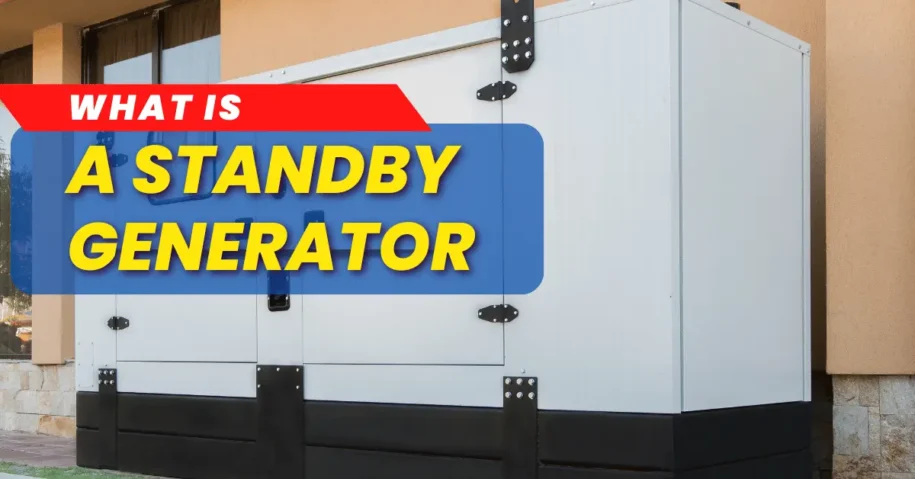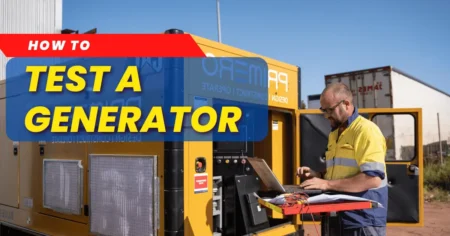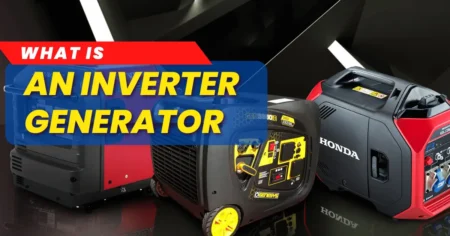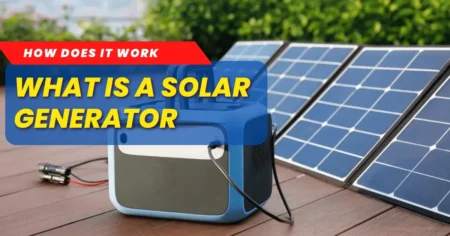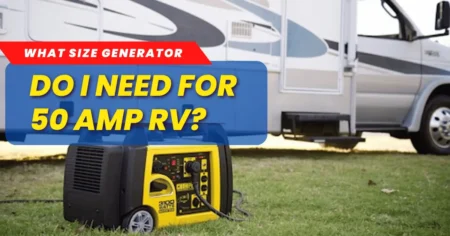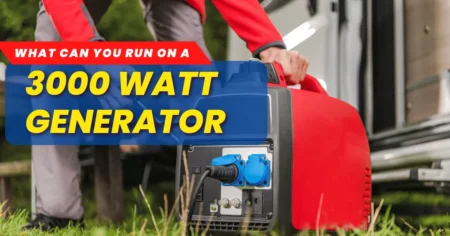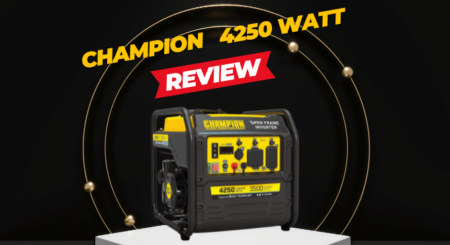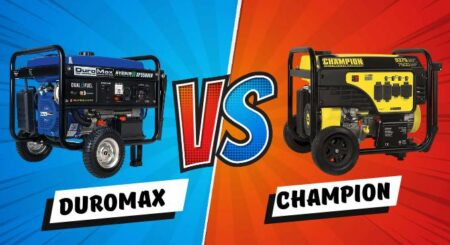A standby generator is a device that provides electricity when the main power goes out. It automatically starts when it detects a power failure, so you don’t have to do anything. This keeps your home or business running smoothly, even during a blackout.
How Does A Standby Generator Work?
A standby generator works in a few simple steps:
- Power Monitoring: It has a sensor that keeps track of your home’s power supply.
- Automatic Start: When the sensor detects the power is out, it starts the generator.
- Electricity Production: The generator then produces and sends electricity to your home.
This process ensures you have power during an outage without any manual effort.
Parts Of A Standby Generator
Here are the main parts of a standby generator and what they do:
- Engine: This is the part that makes the generator run. It can use diesel, natural gas, or propane.
- Alternator: Converts the engine’s power into electricity.
- Fuel System: Provides fuel to the engine.
- Cooling System: Keeps the engine from overheating.
- Exhaust System: Removes the gases produced by the engine.
- Control Panel: Manages the generator’s operation, including starting and stopping it.
- Battery Charger: Keeps the battery charged so the generator can start when needed.
Why Do You Need A Standby Generator?
A standby generator offers several benefits:
- Power Outages: Keeps your home powered during blackouts or storms.
- Medical Devices: Ensures that essential medical equipment remains operational.
- Food Safety: Keep your refrigerator and freezer running so your food stays fresh.
- Comfort: Maintains heating, air conditioning, lights, and other appliances.
- Work From Home: Allows you to continue working without interruptions.
Types Of Standby Generators
There are different types of standby generators for various needs:
- Residential Generators: Smaller and quieter, suitable for homes.
- Commercial Generators: Larger and more powerful, designed for businesses.
Fuel Types For Standby Generators
Standby generators use different fuels, each with its benefits:
- Diesel: Efficient and long-lasting. Easy to store.
- Natural Gas: Always available and doesn’t need to be stored.
- Propane: Burns cleanly and can be stored for a long time.
How To Choose A Standby Generator
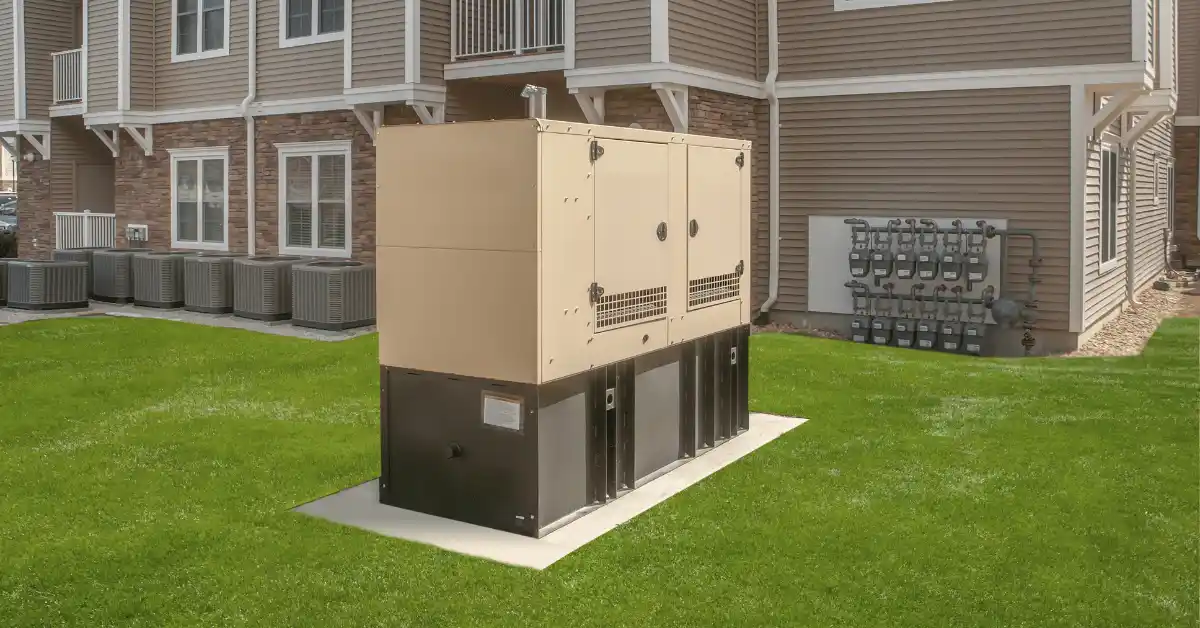
When choosing a standby generator, consider these factors:
- Power Needs: Calculate how much power you need for your home or business.
- Fuel Type: Pick the fuel that works best for you.
- Size: Make sure the generator fits your space.
- Noise Level: Choose a generator that is quiet enough for your surroundings.
- Budget: Consider the cost of the generator, installation, and maintenance.
Installation Of A Standby Generator
Installing a standby generator involves several steps:
- Site Survey: A professional will check your property and decide the best location for the generator.
- Permits: Obtain any necessary permits from local authorities.
- Installation: The generator is installed and connected to your electrical system.
- Testing: The system is tested to ensure it works properly.
Maintenance Of A Standby Generator
To keep your standby generator in good shape, follow these maintenance tips:
- Regular Checks: Inspect the generator for leaks or damage.
- Oil Changes: Change the oil as recommended by the manufacturer.
- Battery Care: Ensure the battery is charged and in good condition.
- Professional Servicing: Have a professional check and service the generator once a year.
Frequently Asked Questions
What Is A Standby Generator?
It’s an automatic backup power system that starts during a power outage to keep your home or business running.
How Does A Standby Generator Work?
It detects a power loss and automatically starts to provide electricity.
Why Do You Need A Standby Generator?
It ensures power during outages, keeping your home comfortable and your essential systems working.
How Long Can A Standby Generator Run?
Most can run continuously for up to 500 hours, depending on the model and fuel supply.
Conclusion
A standby generator is a wise investment for anyone who wants to ensure continuous power during outages. It keeps your home or business safe and operational, regardless of weather or circumstances. Choosing the right generator and maintaining it well will provide peace of mind and reliable power when needed.
See From us more:

